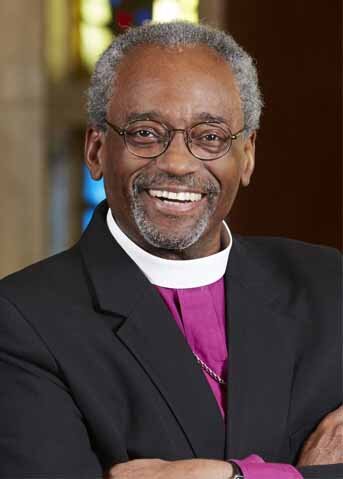The Resume of Jesus Christ
/Address: Ephesians 1:20
Phone: Romans 10:13
Website: The Bible; Keywords: Christ, Lord, Savior, Redeemer, God-Man, Jesus, son of David
Hello. My name is Jesus Christ. Many call me Lord! I've sent you my resume because I'm seeking the top management position in your heart. Please consider my accomplishments as set forth below.
Qualifications
† I founded the earth and established the heavens (see Proverbs 3:19).
† I formed man from the dust of the ground (see Genesis 2:7).
† I breathed into man the breath of life (see Genesis 2:7).
† I redeemed man from the curse of the law (see Galatians 3:13).
† The blessings of the Abrahamic Covenant come upon your life through me (see Galatians 3:14).
Occupational Background
† I've only had one employer (see Luke 2:49).
† I've never been tardy, absent, disobedient, slothful or disrespectful.
† My employer has nothing but rave reviews for me (see Matthew 3:15-17).
Skills and Work Experience
† Some of my skills and work experience include: empowering the poor to be poor no more, healing the brokenhearted, setting captives free, healing the sick, restoring sight to the blind, and setting at liberty the oppressed (see Luke 4:18).
† I am a wonderful counsellor (see Isaiah 9:6). People who listen to me will live in safety and security and will not fear evil (see Proverbs 1:33).
† Most importantly, I have the authority, ability and power to cleanse you of your sins (see 1 John 1:7-9).
Educational Background
† I encompass the entire breadth and length of knowledge, wisdom and understanding (see Proverbs 2:6).
† In me are hidden all of the treasures of wisdom and knowledge (see Colossians 2:3). Hidden … yet accessible to the heart which welcomes me in.
† My Word is so powerful; it has been described as being a lamp to your feet and a light to your path (see Psalm 119:105).
† I can even tell you all of the secrets of your heart (see Psalm 44:21).
Major Accomplishments
† I was an active participant in the greatest Summit Meeting of all time (see Genesis 1:26).
† I laid down my life so that you may live (see 2 Corinthians 5:15).
† I defeated the archenemy of God and humanity and made a show of them openly (see Colossians 2:15).
† I've miraculously fed the poor, healed the sick and raised the dead!
† There are many more major accomplishments, too many to mention here. You can read them on my website, located at: www dot the BIBLE. You don't need an Internet connection or computer to access my website.
References
Believers and followers worldwide will testify to my divine healings, salvation, deliverance, miracles, restoration and supernatural guidance.
In Summary
Now that you've read my resume, I'm confident I'm the only candidate uniquely qualified to fill this vital position in your heart.
To summarize, I will properly direct your paths (see Proverbs 3:5-6), and lead you into everlasting life (see John 6:47). When can I start? Time is of the essence (see Hebrews 3:15).
_______________________________________
[original creator of this bit of genius unknown, to us at least]

















